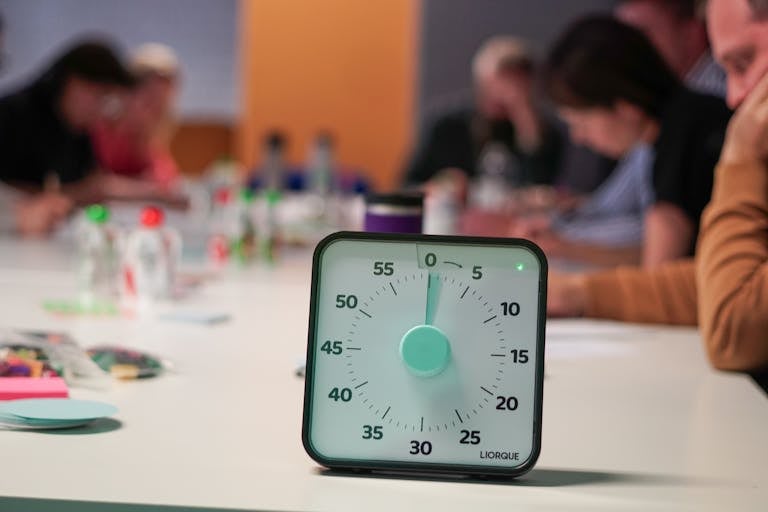In a world full of pings, notifications, and endless distractions, the ability to concentrate deeply is a rare and valuable skill.
Deep work — a concept popularized by Cal Newport — refers to focused, distraction-free work that pushes your cognitive capabilities to their limit.
Developing deep work habits can skyrocket your productivity and help you achieve professional and personal goals faster.
Here’s how to build and maintain them.

1. Understand the Power of Deep Work
Deep work:
- Creates high-quality results in less time.
- Strengthens your brain’s ability to focus.
- Leads to greater job satisfaction.
- Differentiates you in competitive industries.
Recognizing its value is the first step toward embracing it.
2. Identify Your Deep Work Blocks
You need uninterrupted time blocks to practice deep work.
Start by analyzing your daily schedule:
- When are you naturally most focused?
- What distractions typically pull you away?
Schedule your toughest, most meaningful work during your peak mental hours.
3. Eliminate Distractions Ruthlessly
Create a work environment optimized for focus:
- Silence your phone and put it out of sight.
- Block distracting websites using apps like Freedom or Cold Turkey.
- Clear your workspace of unnecessary clutter.
- Inform others of your “do not disturb” periods.
Protect your environment as fiercely as you protect your calendar.
4. Start Small and Gradually Expand
Building concentration is like building a muscle.
If you’re used to multitasking or quick task-switching, deep focus may initially feel uncomfortable.
Begin with:
- 25-minute deep work sessions (Pomodoro technique).
- Gradually increase to 60–90 minutes over weeks.
Consistency is key.
5. Set Clear, Specific Goals for Each Session
Before you dive into deep work, define exactly what you aim to accomplish.
Vague intentions (“I’ll work on my project”) lead to vague results.
Clear intentions (“I’ll write 500 words for my article”) create laser focus.
6. Create Rituals and Routines
A predictable pre-work ritual can train your brain to enter “deep mode” faster.
Examples:
- Brewing a cup of coffee.
- Playing a specific playlist (preferably instrumental).
- Meditating for 5 minutes.
- Cleaning your workspace.
The more you ritualize your setup, the quicker you drop into flow.
7. Embrace Boredom Between Sessions
Our brains are conditioned to seek constant stimulation.
Train yourself to resist the urge to fill every moment with scrolling or notifications.
Instead:
- Take walks without your phone.
- Sit quietly during waiting periods.
- Practice mindfulness meditation.
Letting your mind rest between deep work sessions enhances your long-term focus.
8. Track and Celebrate Progress
Use a simple journal or app to:
- Record your deep work hours daily.
- Reflect on what went well or what distracted you.
- Celebrate milestones (like completing 100 focused hours).
Tracking builds motivation and identifies patterns to improve.
Q: How long does it take to build strong deep work habits?
A: It typically takes 30–60 days of consistent practice to build reliable deep work habits, depending on your starting point and environment.
Q: Can I multitask during deep work sessions?
A: No. Multitasking divides attention and undermines deep work’s effectiveness. Focus fully on one cognitively demanding task at a time.
Challenge yourself today:
Set a 25-minute timer and dive into one task without any interruptions. Feel the power of real focus!

I’m EKBAL HOSSAIN MONDAL, the creator of SmartSolveTips.com — a blog dedicated to helping people improve productivity, avoid digital burnout, and live better online. With years of hands-on experience in self-development and digital wellness, I write practical tips and tools to help you stay focused and thrive in a fast-paced digital world.






